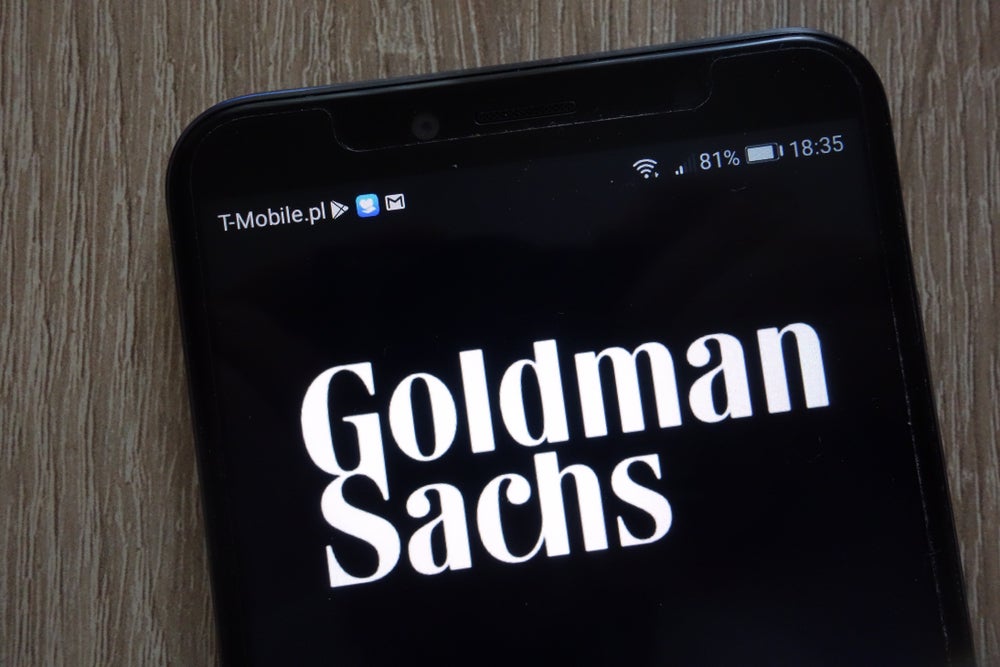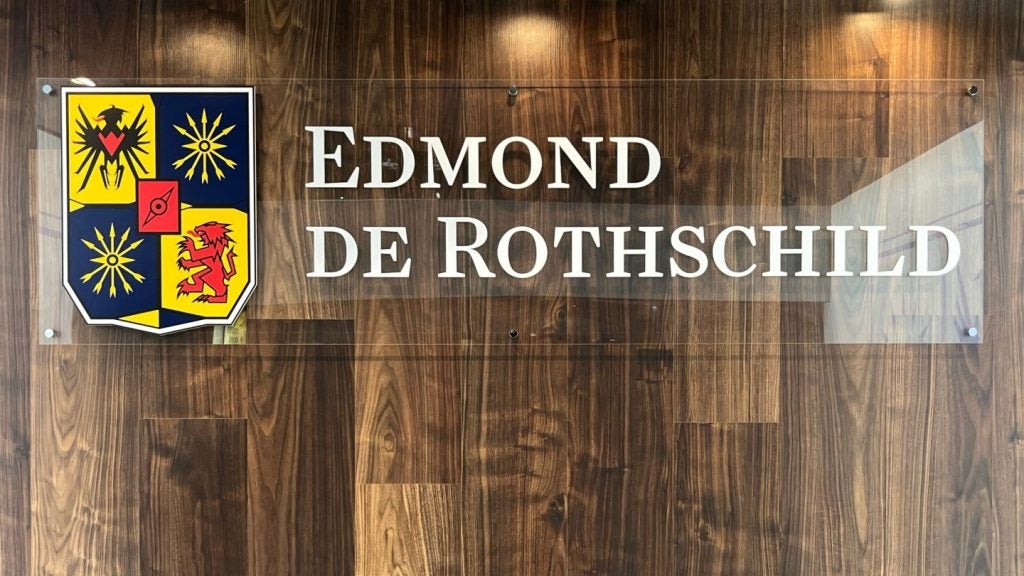
American investment bank Goldman Sachs has slowed down hiring plans for its private wealth management unit and delayed the roll-out of its digital wealth management platform due to the economic turmoil caused by the Covid-19 crisis.
Earlier this year, the bank unveiled plans to grow its private wealth adviser headcount by 250.
Goldman Sachs president John Waldron said: “While we continue to pursue growth in our overall wealth franchise, we are acting prudently in the current environment.
“We have decided to slow our adviser hiring activity for this year, and we will defer the launch of our digital wealth offering into 2021.”
The pandemic will also result in more Goldman Sachs employees being pushed to lower-cost cities including Bengaluru, Salt Lake City, Dallas and Warsaw, Waldron stated.
Meanwhile, the bank has already started the process of returning to work plan with approximately 50% of its workforce back at its Hong Kong, Korea and China branches and nearly 10% in continental Europe.
On the bright side, the bank remains committed to achieving its medium and long term financial targets.
Among these targets are return on tangible common equity of more than 14% and an efficiency ratio of 60%.
Another positive metric for the bank despite the pandemic was the growth in its consumer business Marcus.
Deposits at Marcus increased to $80bn currently from $72bn at the end of March.







